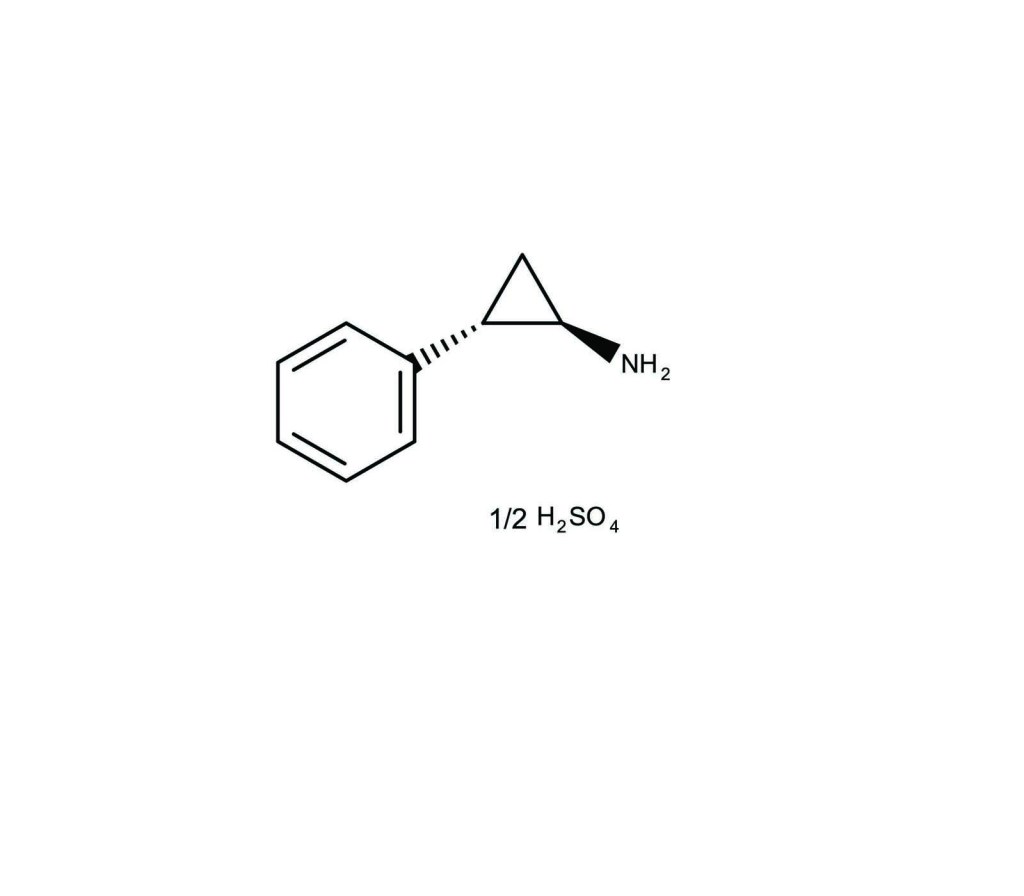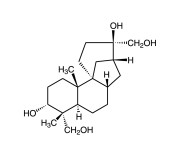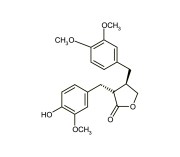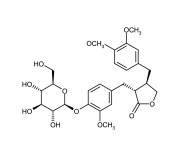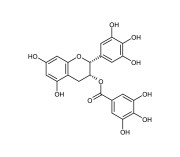Tranylcypromine . hemisulfate is a non-selective, irreversible monoamine oxidase inhibitor (MAOI), primarily used in research related to neuropsychiatric disorders. It is also a potent inhibitor of lysine-specific demethylase 1 (LSD1/KDM1A), with an IC50 < 2 μM.
Key features and applications include:
- Dual Enzyme Inhibition: Irreversibly inhibits LSD1 (a histone demethylase) and MAO-A/B, impacting both epigenetic regulation and neurotransmitter metabolism.
- Epigenetic Modulation: Modulates gene expression by inhibiting LSD1, altering histone methylation patterns critical for chromatin remodeling and transcriptional regulation.
- Stem Cell Research: Maintains pluripotency, enhance chemical reprogramming efficiency, and direct differentiation – particularly into insulin-producing β-cells – making it valuable for regenerative medicine and disease modeling.
- Neurobiology & Behavior: As a non-selective MAOI, tranylcypromine hemisulfate is used to study monoaminergic signaling pathways involved in mood regulation, cognition, and neuropsychiatric disorders.
Research Applications:
- Epigenetic and transcriptional regulation studies
- Neural progenitor cell proliferation and differentiation
- Cancer biology, particularly in studies involving histone modification and gene expression regulation
- Stem cell reprogramming and differentiation protocols
Relevant disease states include:
- Major Depressive Disorder (MDD): Particularly effective in treatment-resistant or atypical depression, where other antidepressants have failed.
- Acute Myeloid Leukemia (AML): LSD1 is critical for maintaining the undifferentiated state of leukemic cells. Inhibition by tranylcypromine promotes differentiation and reduces proliferation.
- Small Cell Lung Cancer (SCLC): LSD1 inhibition has shown promise in preclinical models of SCLC, where it affects neuroendocrine differentiation and tumor growth.
- Prostate and Breast Cancer: LSD1 is implicated in hormone receptor signaling and epigenetic regulation in these cancers.
- Neurodegenerative Disorders: Due to its MAOI activity, tranylcypromine is also being explored in models of Parkinson’s disease and Alzheimer’s disease, where monoamine regulation is disrupted.
Shipping: Available products typically ship within 24/48h, via priority shipping.
Do you need support? Contact Customer Service or Technical Support.
Online Account
Access or Create Your Account
| Regulatory Status |
RUO – Research Use Only |
|---|
Last modified: July 28, 2025
 Lab Essentials
Lab Essentials AMPIVIEW® RNA probes
AMPIVIEW® RNA probes Enabling Your Projects
Enabling Your Projects  GMP Services
GMP Services Bulk Solutions
Bulk Solutions Research Travel Grant
Research Travel Grant Have You Published Using an Enzo Product?
Have You Published Using an Enzo Product?

